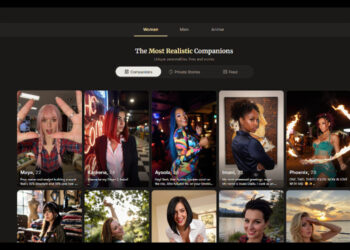NEW YORK, NY – Last month it was the authors; this month, it’s the publishers.In September, The Author’s Guild Inc., along with authors Herbert Mitgang, Betty Miles, and Daniel Hoffman, filed suit against Google, accusing the company of “massive copyright infringement”. Yesterday, the Association of American Publishers filed suit against Google, joining a growing number of organizations targeting the Net’s dominant search engine for alleged copyright violation.
At issue is Google’s plan for the Google Print Library Project, which would allow users to search for content in books that Google has scanned and cataloged. Under Google’s current plan, millions of copyrighted books from the libraries of Harvard, Stanford and Michigan universities will be indexed and available over the net. The Oxford University Library and the New York Public Library will also contribute works to the project, but only materials that are out-of-copyright.
Although Google says it will remove at the copyright holder’s request any work on Google Print, many legal experts agree with the growing number of plaintiffs seeking to block the Google Print Project, or at least change the protocol so that Google must obtain permission from the copyright holder in advance of scanning copyrighted works and including them in the index.
In the suit filed Wednesday in the U.S. District Court in Manhattan, the publishers association seeks a ruling that Google infringes on the publishers’ copyrights when they scan entire books without permission of copyright owners.
The suit cites a “continuing, irreparable and imminent harm publishers are suffering… due to Google’s willful infringement to further its own commercial purposes.” The suit names five publishers as plaintiffs, including Simon & Schuster, McGraw-Hill, Pearson Education, Penguin Group USA and John Wiley & Sons. The suit seeks recovery of legal costs, but no additional damages.
“If Google can make copies, then anyone can,” said Patricia Schroeder, president of the Association of American Publishers in an interview with the Reuters news service. “Anybody could go into a library and start making digital copies of anything,” Schroeder said.
In a statement issued by the company Wednesday, Google characterized the suit as “short-sighted” and defended their project as a “historic effort to make millions of books easier for people to find and buy.”
“Creating an easy to use index of books is fair use under copyright law and supports the purpose of copyright: to increase the awareness and sales of books directly benefiting copyright holders,” Google’s general counsel David Drummond said in the statement.












